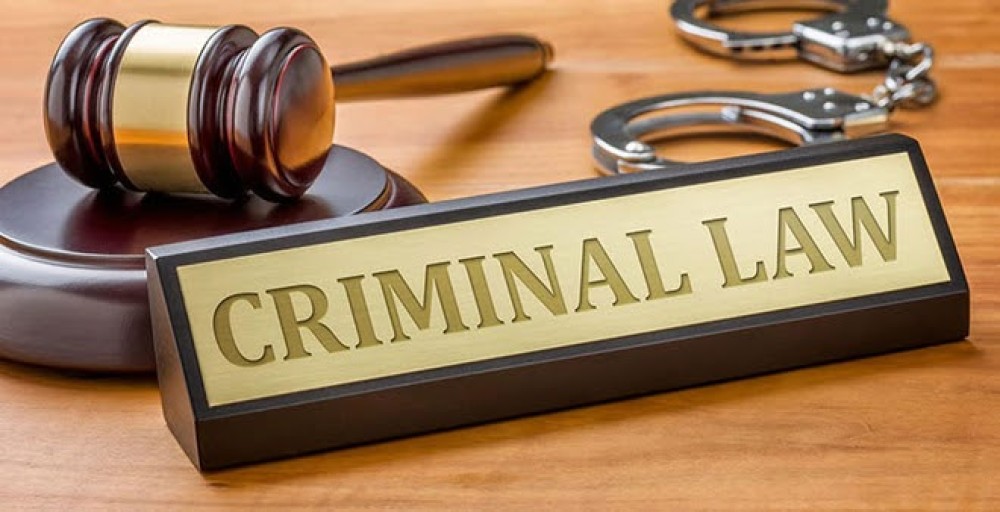Get in touch with top criminal lawyers, be it theft, assault, abuse, trespassing or domestic violence. & all types Bail
Criminal law is a branch of law that deals with crimes, their prosecution, defense, and punishment. It encompasses the legal rules defining offenses, establishing procedures for investigation, charging, trial, and punishment for individuals convicted of committing crimes. Here is an overview of some key concepts in criminal law:
Elements of a Crime:
A crime typically has several essential elements that must be proven for a person to be convicted. These elements can vary depending on the specific crime but generally include:
Actus Reus (Guilty Act)
This refers to the physical act or conduct that constitutes the crime. It could involve actions such as theft, assault, murder, or any other unlawful behavior.
Mens Rea (Guilty Mind)
This refers to the mental state of the person at the time of the crime. It involves intent, knowledge, recklessness, or negligence regarding the criminal act. Some crimes require a specific intent, while others only require a general intent or even mere negligence.
Concurrence This principle states that the guilty act and the guilty mind must occur together. In other words, there must be a direct link between the criminal act and the criminal intent.
Causation The criminal act must have directly caused the harm or damage for the person to be held responsible.
Types of Crimes:
Felonies:
- Serious crimes typically punishable by imprisonment for more than one year.
- Examples include murder, rape, robbery, arson, and certain drug offenses.
Misdemeanors:
- Less serious offenses usually punishable by fines, community service, probation, or imprisonment for less than one year.
- Examples include petty theft, disorderly conduct, simple assault, and some traffic violations.
Inchoate Offenses:
- Crimes that were started but not completed.
- Includes attempt, conspiracy, and solicitation.
Criminal Procedure:
Investigation:
- Police investigate crimes, gather evidence, and interview witnesses.
- They may obtain warrants to search property or make arrests.
Arrest:
- Police can arrest a person if there is probable cause to believe they committed a crime.
- Miranda rights must be read ("You have the right to remain silent...") before questioning if the person is in custody and being interrogated.
Charging
- Prosecutors decide whether to file charges based on the evidence gathered.
- The defendant is informed of the charges against them.
Trial
- The defendant is tried in court, where the prosecution presents evidence and witnesses.
- The defense has the opportunity to present its case and challenge the prosecution's evidence.
- A jury or judge determines guilt or innocence.
Sentencing
- If convicted, the defendant is sentenced.
- Sentences can include fines, probation, community service, imprisonment, or in some cases, the death penalty.
Defenses in Criminal Law:
- Alibi
- Providing evidence that the accused was elsewhere at the time of the crime.
- Self-Defense
- Using force to defend oneself against imminent danger.
- Insanity
- Arguing that the defendant was not mentally capable of understanding the nature of the crime.
- Entrapment
- Claiming that law enforcement induced the defendant to commit the crime.
- Duress
- Committing a crime under threat or coercion.
Juvenile Criminal Law:
- Special laws and procedures for minors (under 18) who commit crimes.
- Focuses on rehabilitation rather than punishment.
International Criminal Law:
- Addresses crimes of international concern, such as genocide, war crimes, and crimes against humanity.
- Enforced through international tribunals like the International Criminal Court (ICC).
Criminal law is a complex and evolving field, with statutes varying by jurisdiction. It aims to protect society, deter criminal behavior, and ensure justice for victims while also safeguarding the rights of the accused. Legal representation is crucial for anyone accused of a crime to navigate these processes and defend their rights effectively.
